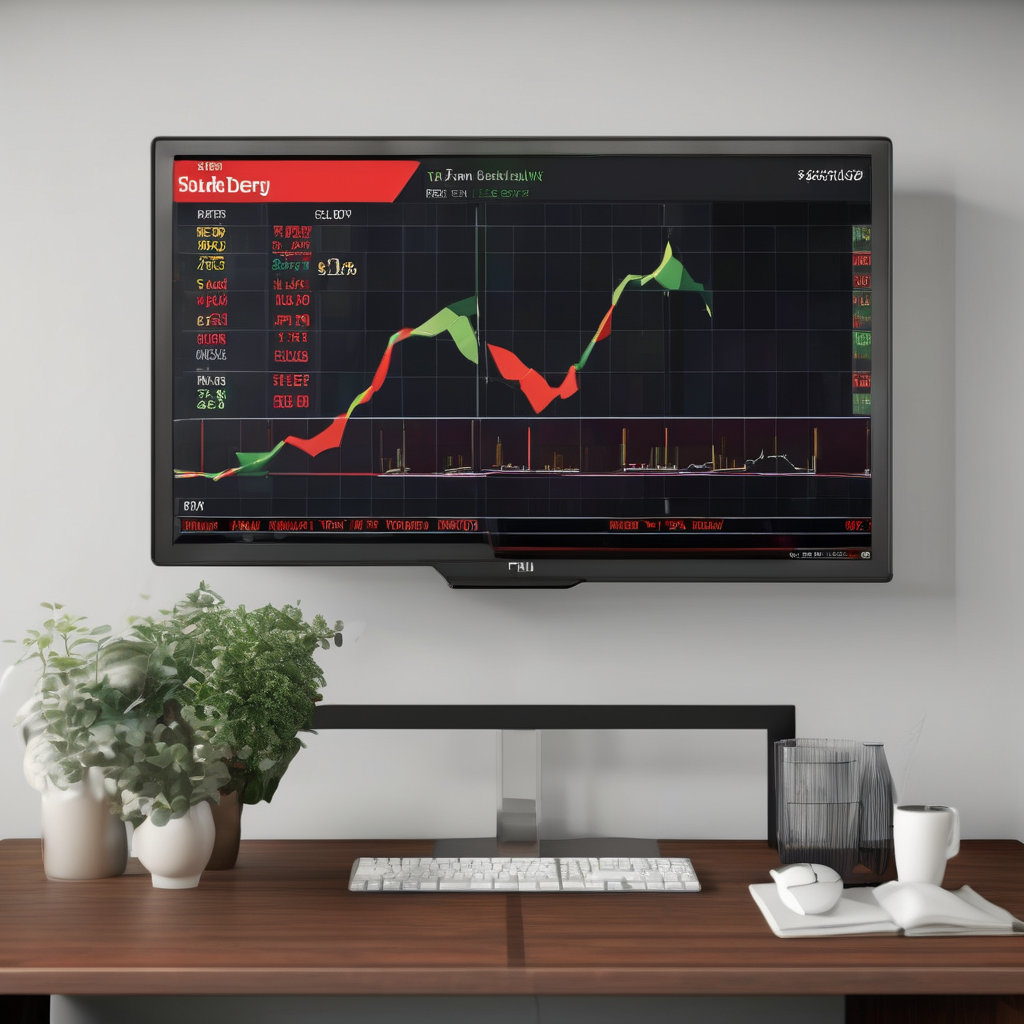Bloom Energy, a prominent fuel-cell manufacturer, has seen its shares decline by 3% to $74.1 in premarket trading. This drop follows a downgrade by financial services firm Jefferies, which lowered its rating of Bloom Energy from “hold” to “underperform.” Furthermore, Jefferies adjusted its price target for Bloom Energy, increasing it slightly from $24 to $31. However, this new target still suggests a 60% decline from the stock’s last closing price.
Jefferies has expressed concerns regarding Bloom Energy’s future, indicating that there is limited visibility beyond 2026. The brokerage also highlighted signs of over-exuberance in the market, with potential risks that could outweigh any further upside at the current stock levels.
Bloom Energy’s recent association with Oracle has generated excitement, partly due to Oracle’s involvement with OpenAI’s Stargate project, which has boosted Oracle’s backlog. Jefferies estimates that the collaboration between Bloom Energy and Oracle could be in the range of 15 to 50 megawatts. While this range is described as “good,” Jefferies does not view it as exceptional.
Another point of concern raised by Jefferies is the delivery of Bloom Energy’s fuel cells. While the delivery process is fast, potential infrastructure delays might pose challenges and slow down deployment.
Jefferies’ new price target considers current market valuations and higher volume expectations, though they have expressed a lack of confidence in the volume estimates for 2027. Despite the downgrade, Bloom Energy is still favored by many analysts, with 13 out of 25 brokerages rating the stock as “buy” or higher, while 10 rate it as “hold,” and 2 suggest “sell.” The median price target among analysts stands at $44.5.
Despite recent developments, Bloom Energy’s stock has surged by 248% year-to-date, reflecting its overall strong performance. The company’s future will largely depend on how it navigates the challenges highlighted by Jefferies and capitalizes on new partnerships and projects.
